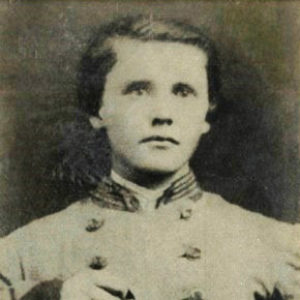 William Parks
William Parks
Entry Category: State Figures
 William Parks
William Parks
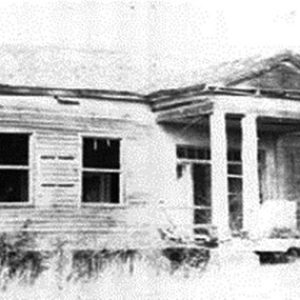 Parks-Cryer House
Parks-Cryer House
Phelps, John Smith
Pike, Albert
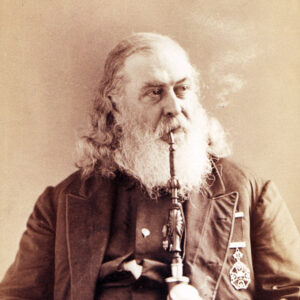 Albert Pike
Albert Pike
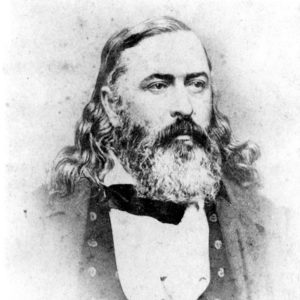 Albert Pike
Albert Pike
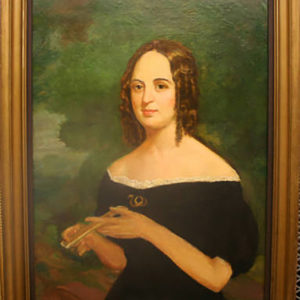 Mary Pike
Mary Pike
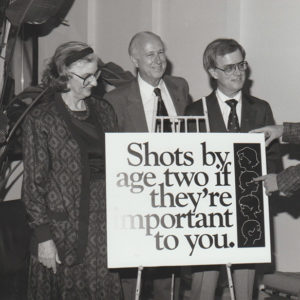 Promoting Immunization
Promoting Immunization
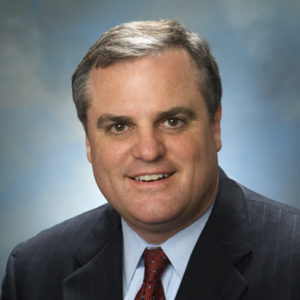 Mark Pryor
Mark Pryor
Pryor, Susan Hampton Newton
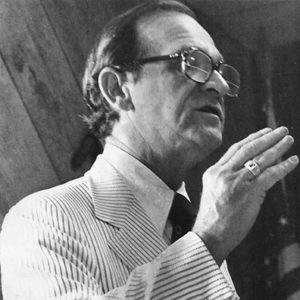 Joe Purcell
Joe Purcell
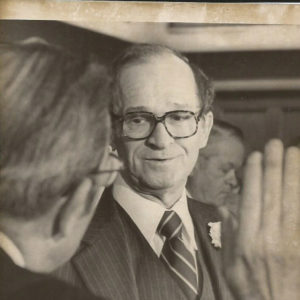 Joe Purcell Swearing-In
Joe Purcell Swearing-In
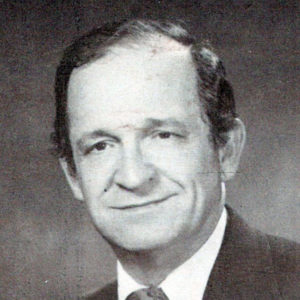 Joe Purcell
Joe Purcell
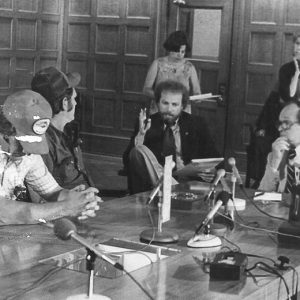 Joe Purcell in Meeting
Joe Purcell in Meeting
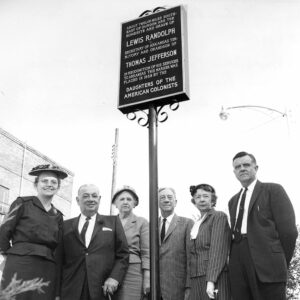 Randolph Plaque
Randolph Plaque
Randolph, Meriwether Lewis
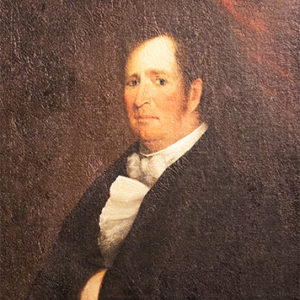 Elias Rector
Elias Rector
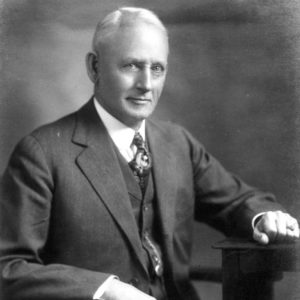 Harmon Remmel
Harmon Remmel
Riggs, John Andrew
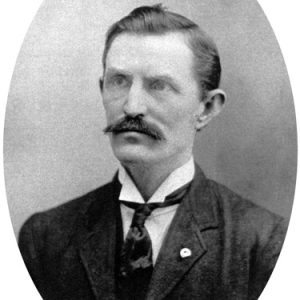 John Riggs
John Riggs
Robinson, John Marshall
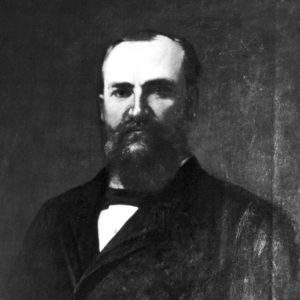 Logan Roots
Logan Roots
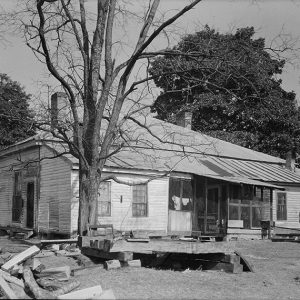 Royston House
Royston House
Rutherford, James Luin “Skip” III
Rutledge, Leslie Carol
Sarber, John Newton
Scott, George Washington
Sheid, Vada Webb
Smith, V. V.
aka: Volney Voltaire Smith
Smithee, James Newton
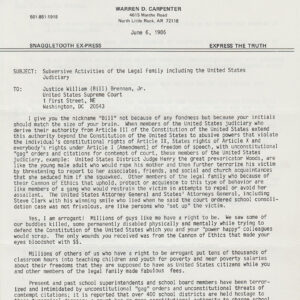 Snaggletooth Ex-Press
Snaggletooth Ex-Press
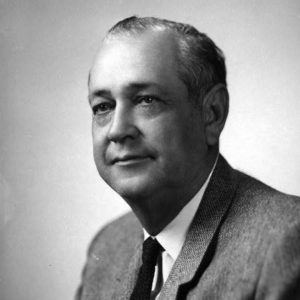 Witt Stephens
Witt Stephens
 Eula Terral
Eula Terral
Townsend, Wallace
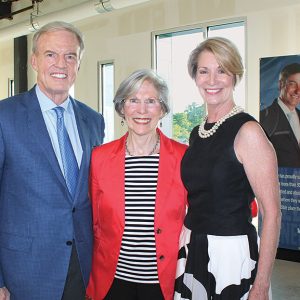 Betty Tucker (center)
Betty Tucker (center)
 Betty Tucker at ACH
Betty Tucker at ACH
Van Dalsem, Paul
Walker, David
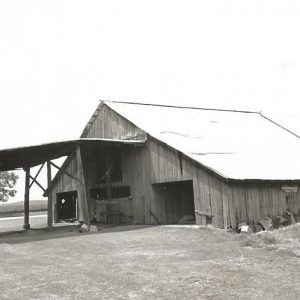 Walls Barn
Walls Barn
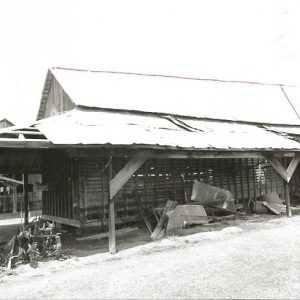 Walls Corn Crib
Walls Corn Crib
Walls, A. J.
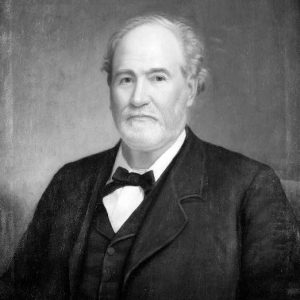 Zeb Ward
Zeb Ward
Wheeler, Stephen
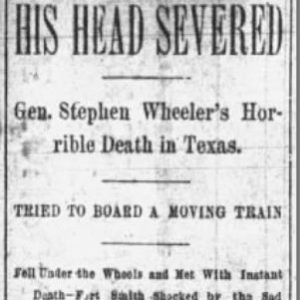 Stephen Wheeler Story
Stephen Wheeler Story
 Frank and Gay White
Frank and Gay White
 Gay White
Gay White
 Gay White on AETN
Gay White on AETN
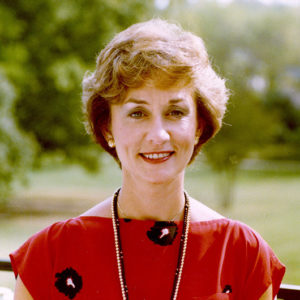 First Lady Gay White
First Lady Gay White




